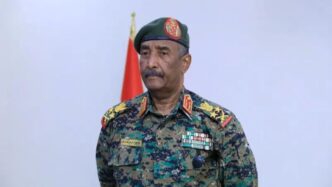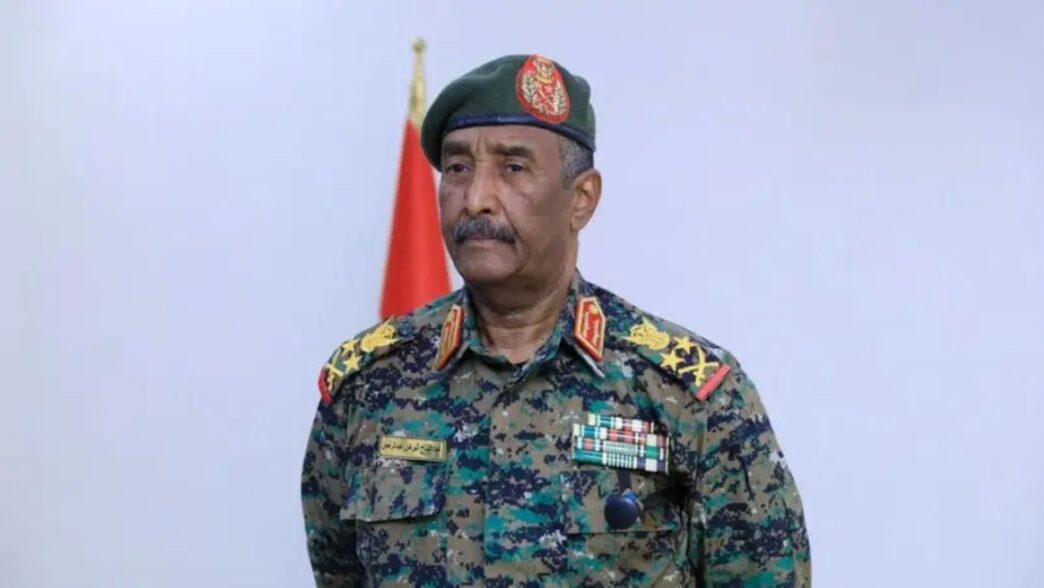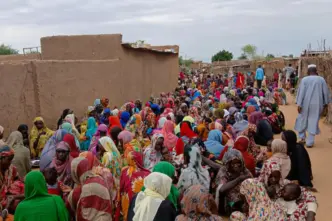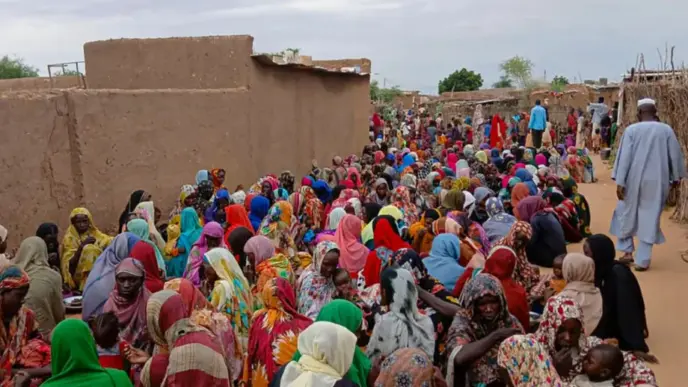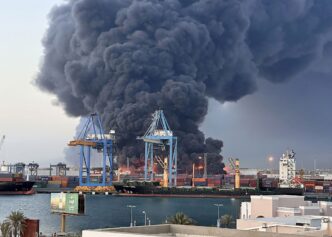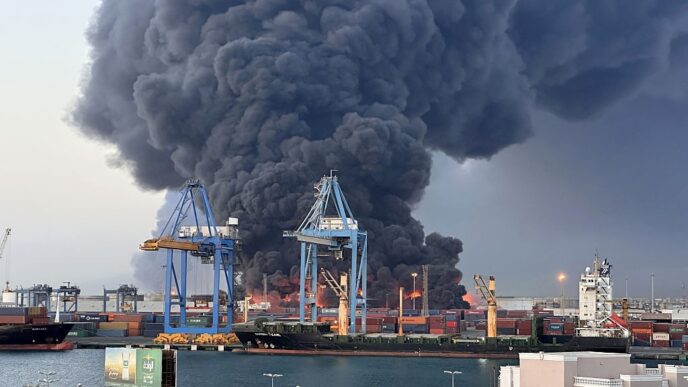The United Nations’ humanitarian chief, Tom Fletcher, has described discussions with Sudan’s army commander Abdel Fattah al-Burhan as “constructive”, raising hopes that relief operations could be expanded across the war-torn country.
Sudan has been engulfed in conflict since April 2023, when fighting broke out between the national army and the paramilitary Rapid Support Forces (RSF). The violence has claimed tens of thousands of lives and forced close to 12 million people from their homes, resulting in one of the world’s most severe humanitarian emergencies.
In a video released by Sudan’s Transitional Sovereignty Council, Fletcher said he welcomed the meeting with Burhan in Port Sudan, the government’s temporary base, and vowed to ensure aid continues to reach those in dire need “in a neutral, independent and impartial way”.
The UN official, who arrived on Tuesday for a week-long visit, pledged to support efforts to halt atrocities, press for peace, and secure the access and funding required to save lives across front lines.
Burhan expressed Sudan’s willingness to strengthen cooperation with the UN and its agencies, the army-aligned council said. Fletcher also held talks with senior Egyptian and Sudanese diplomats on improving humanitarian relief efforts, according to Cairo’s foreign ministry.
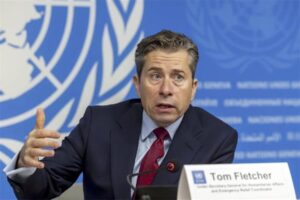
Despite diplomatic engagements, the situation on the ground remains critical. The RSF seized El-Fasher, the final army-held city in western Darfur, two weeks ago, sparking reports of mass killings, sexual violence and looting. Burhan has previously vowed to fight on, promising revenge and the “purification” of the land.
Although the RSF agreed to a truce proposal backed by international mediators, including the United States, Saudi Arabia, the United Arab Emirates and Egypt, violence has persisted. Shelling struck a hospital in Dilling in South Kordofan last Thursday, killing five people, and explosions were reported in the capital Khartoum the following day.
The UN migration agency estimates that around 39,000 people have fled several towns in Kordofan since the fall of El-Fasher, with many more trapped in catastrophic conditions. Almost 90,000 residents have escaped the city itself, while tens of thousands remain in what the UN has described as “famine-like conditions” amid collapsing services.
Humanitarian agencies warn that aid operations are at risk of collapsing without safe routes and urgent funding. Amy Pope, Director General of the International Organisation for Migration, cautioned that support for vulnerable communities could “grind to a halt” just as needs escalate.


 Trending
Trending 
